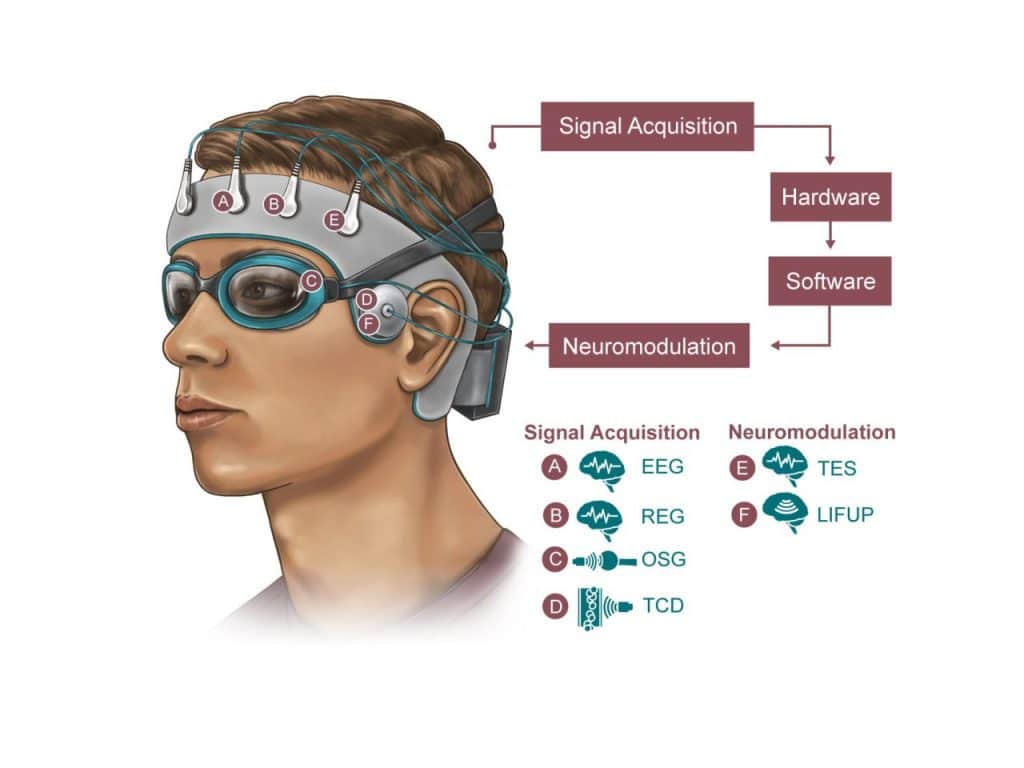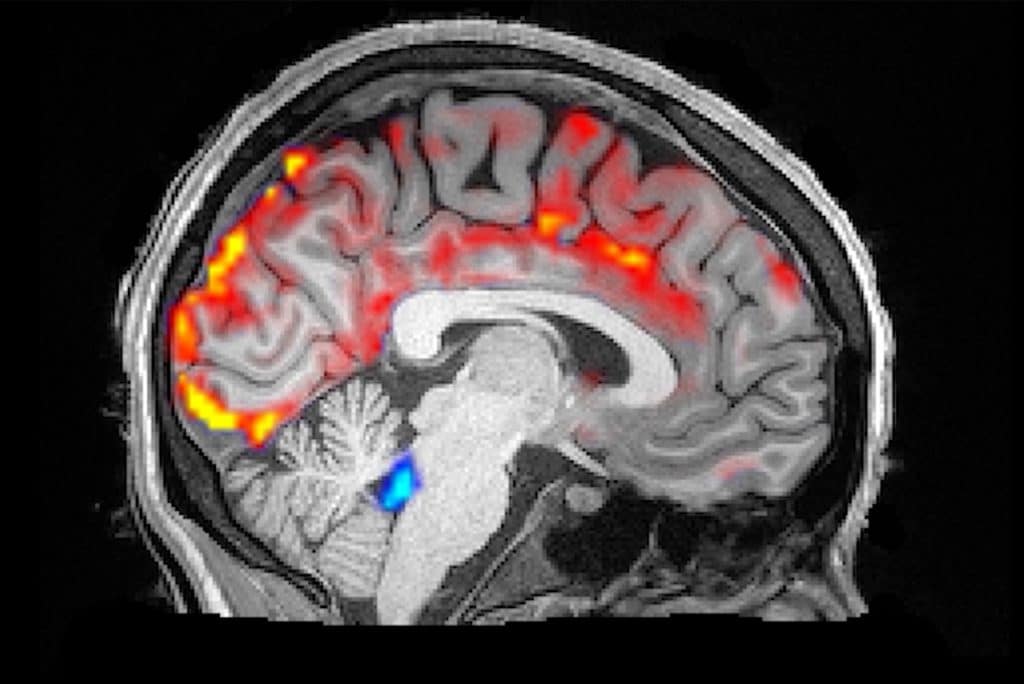The functions of the human brain are still a big mystery to us and only a little is actually known about how it works. In 2012, scientists made a huge breakthrough by discovering the glymphatic system which is responsible for cleaning out toxic waste products from the brain by flushing It with cerebrospinal fluid during the deep sleep cycle.
The improper working of this glymphatic system is believed to affect the human body with neurological disorders such as Alzheimer’s. But to study these effects in detail, complex MRI machines are required. To ease the process of MRI scanning, the US Army has rewarded researchers at Rice University, Houston Methodist and Baylor College of Medicine to develop a portable skullcap that can monitor and adjust the fluid flow in the brain during sleeping.

Paul Cherukuri, executive director of Rice’s Institute of Biosciences and Bioengineering (IBB) said, “Since an MRI can’t be easily transported, the Department of Defense asked if we can design a small, portable cap that can measure and modulate the brain health of warfighters during sleep to enhance their performance. Developing this prototype will require us to start with off-the-shelf devices and learn from them in parallel with building our own sensor technology and algorithms at Rice.”

The portable skullcap would consist of wearable hardware that requires signals from the brain using a range of methods, which would be processed using new algorithms. The signals would then be gathered using a mix of sensors. According to the team building the prototype, this technology would not only be helpful for soldiers but prove to be beneficial for patients as well. By understanding what happens to our brain during sleep, scientists would be able to develop new treatments for sleep and neurological disorders.
The grant amounts to $2.8 million for the first year which will hopefully become a multi-year project after initial testing and success rate.


